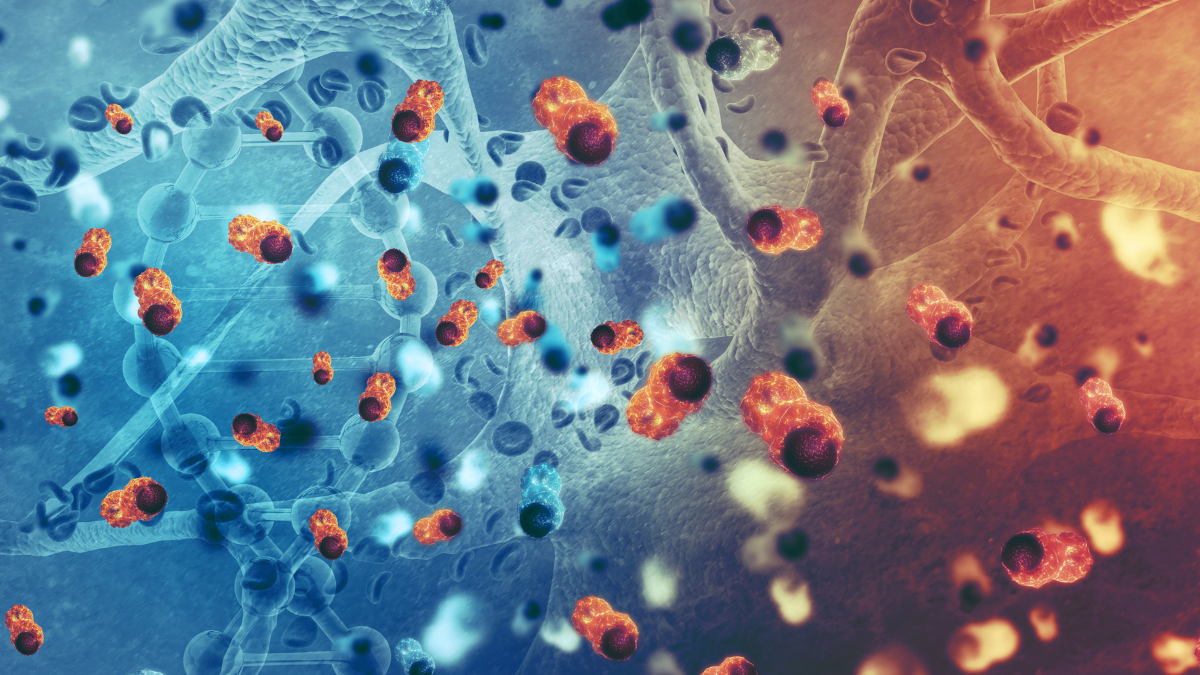
Recent advances in psycho-neuro-endocrino-immunology suggest that many non-communicable diseases (NCD) originate from disruptions in the cytokine-based immune network (a complex system of communication and regulation among immune cells mediated by cytokines) leading to chronic inflammatory responses.
This persistent low-grade inflammation is attributed to deficiencies in key endogenous anti-inflammatory neuroendocrine systems, including the pineal gland, the endocannabinoid system, and the angiotensin-converting enzyme 2 / angiotensin 1–7 axis.
The administration of pineal methoxyindoles (melatonin, 5-methoxytryptamine), cannabinoids, and angiotensin 1–7 may offer potential therapeutic benefits for NCD, particularly in patients who are unresponsive to conventional treatments.
From March 2020 to April 2023, a total of 306 patients with systemic diseases were evaluated. This was a single-arm interventional study (pre-post design) aimed at assessing the effectiveness of a neuroimmune regimen by comparing outcomes before and after the intervention.
The study investigates the safety and efficacy of a neuroimmune regimen consisting of melatonin (100 mg/day in the evening), 5-methoxytryptamine (30 mg in the early afternoon), angiotensin 1–7 (0.5 mg twice daily), and cannabidiol (20 mg twice daily) in 306 patients with NCDs, including advanced cancer, autoimmune diseases, neurodegenerative disorders, depression, and cardiovascular diseases.
The study included cancer patients with confirmed tumors who no longer responded to standard therapies, had a life expectancy of less than one year, and were not receiving any additional anti-cancer treatments. For patients with other conditions (autoimmune, neuropsychiatric, or cardiopulmonary), eligibility was based on the presence of specific clinical parameters. Patients on chronic therapy with pregabalin or major opioids (such as fentanyl) were excluded due to their negative effects on the immune system.
The treatments consisted of a neuroimmune therapy using natural molecules (such as angiotensin 1–7, melatonin, 5-methoxytryptamine, cannabidiol, and, in some cases, pinoline or oxytocin), administered twice daily.
The effectiveness of the treatment was monitored by measuring the lymphocyte-to-monocyte ratio (LMR), an indicator of immune status: a low LMR is associated with a poorer prognosis. Clinical data were analyzed statistically, including 1-year survival among cancer patients, which was compared to a historical control group.
The neuroimmune regimen successfully halted cancer progression in 68% of cancer patients, who also reported improvements in mood, sleep, and relief from anxiety, pain, and fatigue. In patients with autoimmune diseases, the treatment effectively controlled the pathological process, with notable results in cases of multiple sclerosis. Additionally, positive outcomes were observed in patients with Parkinson’s disease, Alzheimer’s disease, and depression.
Randomized controlled clinical trials are needed to further evaluate this therapeutic approach for non-communicable diseases (NCD), which involves endogenous neuroendocrine molecules that regulate immune responses in an anti-inflammatory manner.

